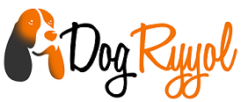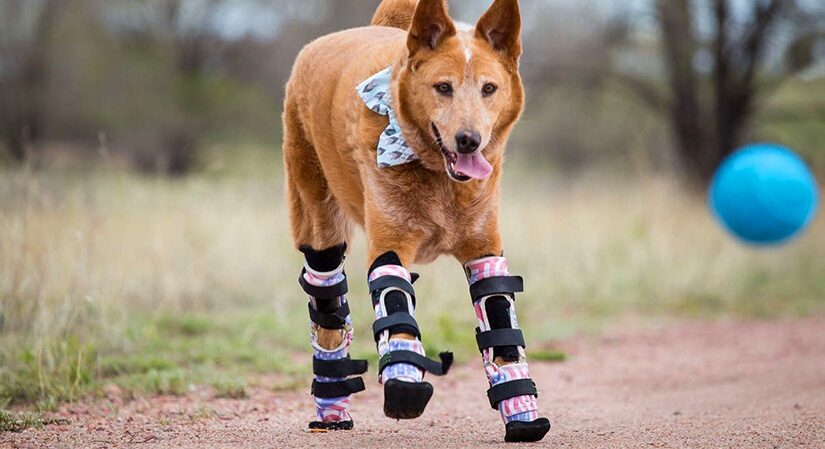You have decided, there is no doubt: YOU WANT TO BRING A PUPPY HOME. So, you will need to prepare for his arrival and learn how to train a puppy dog.
Deciding to get a puppy is a very important choice that pays off in love and company. Family members will be thrilled. But assisting a dog as it grows is not as simple as it may seem. The most important thing is to educate a puppy. Let him know when he has to come to you and everything he needs in the first months of life.
Dog training Singapore requires different needs than an adult dog. It can be more difficult and cause more doubts. Especially during the first few days.
6 things to know before training a puppy dog
1 – Choose the puppy that suits you best. The first fundamental thing is to choose a dog that is suitable for you, your lifestyle and your family. After identifying the breeding or litter from which you want to take your dog, it is good to proceed in carefully choosing the puppy based on its specific character. By relying on a professional, you will be able to identify, through character tests, the most suitable dog for us.
2 – Try to gradually get him used to being alone. The dog is perfectly able to get used to being alone for some period of time, but it is obviously necessary to make a gradual transition from a condition of community life to a condition in which we will ask to spend time independently.
3 – Once you get home, always remember that it is important for the puppy to play. It is an activity that must be managed with frequent phases but of short duration, without tiring him too much and trying to understand his reactions to stimuli.
4 – Get him a suitable place to rest. The puppy initially spends several hours of the day resting, in these moments it is better to leave it alone or engage in soothing activities.
5 – Get your new friend used to toileting outside right away. You can do this by giving your dog the opportunity to go out on a regular basis and rewarding him when he gets dirty outside. Positive reinforcement is key.
6 – Maintain your safety. Before the puppy arrives, it is best to remove from the dog’s reach all objects that he could easily nibble or swallow. Any small or sharp object could be a potential hazard.
Don’t neglect your dog’s education. To better enjoy the relationship with him and allow you to take him into any situation, it is advisable to involve him in a program designed on his needs. Socialization with other dogs from an early age is fundamental. This will make him happier and he won’t develop problems in adulthood.
Teach him basic commands, remembering to communicate correctly. Then use the language of gestures to teach him what you want every day. The dog will learn not to pull on the leash and will behave well every time if you can communicate with him.
He must be able to know everything with which he will have to come into contact as he grows up, but in the correct way for his well-being.
From an early age, a dog learns what others in his pack are doing. There is indeed a basic dog obedience training in nature if you think about it: puppies have to learn how to forage for food (they learn to hunt).
Finally, here’s a bonus, but essential tip:
TAKE A PUPPY ONLY IF YOU FEEL ABLE TO MANAGE IT AND LOVE IT.
It is not a TOY and it needs attention. This applies to all pets of course. If you can’t guarantee them, consider if it’s really worth getting a puppy. The dog is a sensitive creature and you risk harming him if you don’t know how to care for him properly. You must therefore learn and put into practice all the tips to train a puppy dog effectively.


